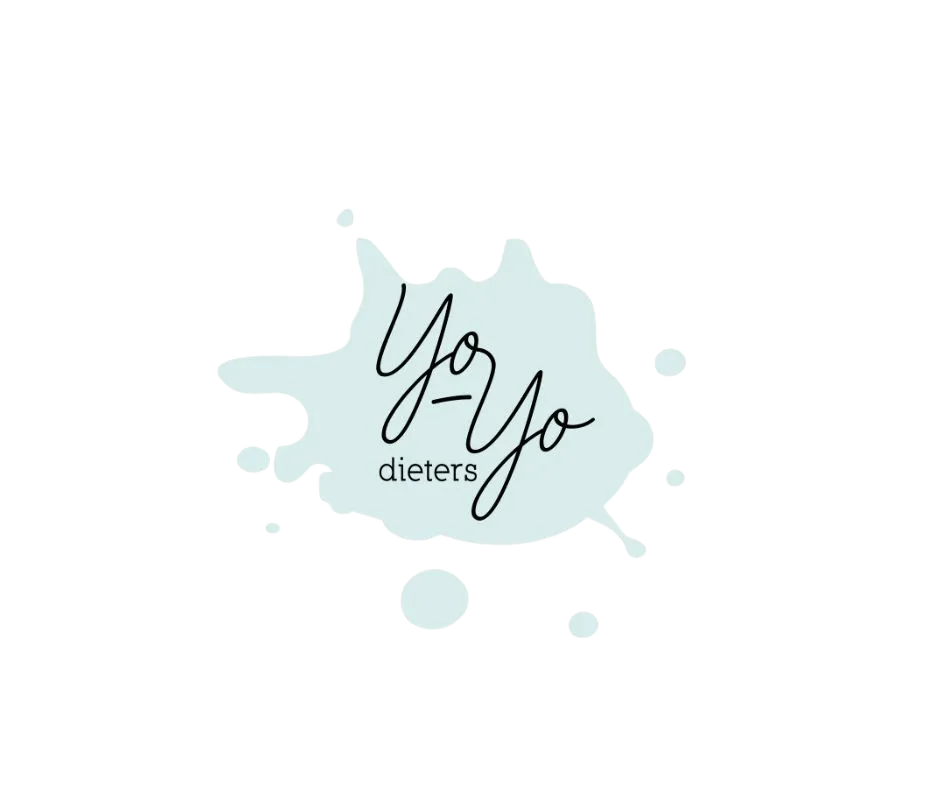
Beyond the Scale: Alternative Ways to Measure Progress
If you've ever felt discouraged by the number on your scale, you're not alone. While weight can be one indicator of health, it's far from the whole story. Let's explore meaningful ways to track your wellness journey that have nothing to do with pounds or kilograms.
Non-Scale Victories (NSVs)
Physical Changes Observable Progress:
Clothes fitting differently
Better posture
Increased flexibility
Improved skin clarity
Energy Levels Daily Improvements:
Morning alertness
Sustained energy
Reduced afternoon slumps
Better recovery
Fitness Markers Measurable Gains:
Strength increases
Endurance improvements
Better balance
Enhanced coordination
Quality of Life Indicators
Sleep Quality Track:
Fall asleep time
Wake-up ease
Sleep duration
Night wakings
Mood and Mental Health Monitor:
Stress levels
Emotional balance
Mental clarity
Overall happiness
Daily Function Observe:
Task focus
Productivity
Social engagement
Activity level
Performance Metrics
Strength Progress Measure:
Weight lifted
Repetitions completed
Form improvement
Recovery time
Endurance Gains Track:
Distance covered
Duration of activity
Heart rate recovery
Perceived exertion
Flexibility Improvements Note:
Range of motion
Ease of movement
Reduced stiffness
Better posture
Health Markers
Vital Signs Monitor:
Blood pressure
Resting heart rate
Heart rate variability
Body temperature
Blood Work Track:
Cholesterol levels
Blood sugar
Inflammation markers
Nutrient levels
Body Composition Measure:
Muscle definition
Fat distribution
Overall tone
Physical balance
Lifestyle Changes
Eating Habits Observe:
Food choices
Portion awareness
Meal timing
Hydration levels
Movement Patterns Track:
Daily steps
Activity variety
Movement quality
Exercise consistency
Stress Management Monitor:
Coping strategies
Relaxation time
Mindfulness practice
Recovery activities
Practical Tracking Methods
Journal Keeping Record:
Daily observations
Energy levels
Mood patterns
Achievement notes
Photo Documentation Capture:
Monthly progress photos
Activity snapshots
Meal preparations
Daily movements
Measurement Tracking Monitor:
Body measurements
Fitness benchmarks
Health markers
Performance metrics
Creating Your Progress Map
Set Baseline Measurements Include:
Current abilities
Health markers
Lifestyle habits
Quality of life
Define Success Markers Choose:
Personal goals
Meaningful metrics
Achievable targets
Progress indicators
Regular Assessment Schedule:
Weekly check-ins
Monthly reviews
Quarterly evaluations
Annual assessments
Action Steps to Start Today:
Choose Your Metrics Select:
3-5 key indicators
Measurable markers
Meaningful measures
Realistic tracking methods
Create Tracking System Develop:
Recording method
Regular schedule
Review process
Adjustment plan
Begin Documentation Start:
Taking photos
Recording measurements
Noting observations
Tracking progress
Remember: True progress is about how you feel, function, and live – not just about what you weigh.
